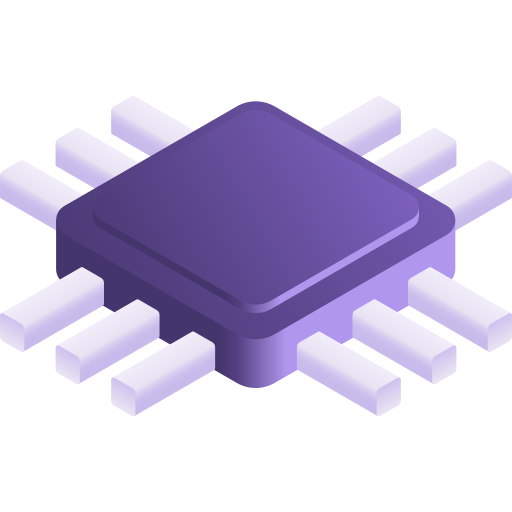Comments
In July 2021, a sudden drop in Tor usage in Turkmenistan called our attention. Tor would come to understand that this marked the beginning of a new era of censorship and restriction in this post-Soviet country. But let’s rewind…
The Tor Community has long been defending internet freedom, running relays and providing bridges to combat internet censorship.
Over the years, the Tor Project has called for action to run more bridges, Snowflake proxies, while we’ve investigated and adapted our anti-censorship strategies, and shared information about online censorship in Turkmenistan.
Modern censorship circumvention systems are generally built around the concept of “collateral damage”, where a censor cannot block access without blocking the entire internet or popular online services. However, in Turkmenistan, the censors’ behavior has been strikingly different. They have openly blocked vast parts of the internet without concern for the collateral consequences, sparking curiosity: why do Turkmenistan’s censors seem unbothered by the collateral damage their actions cause?
I imagine one of he only ways around this is community meshnets that cross the border. But most likely, if you were caught hosting a node in the mesh, that would mean jailtime.
Otherwise, maybe external action is needed that hacks or disrupts the censors in Turkmenistan. But is that possible? I should be right? The NSA got into a Belgian ISP and China also got into a US ISP’s network.



